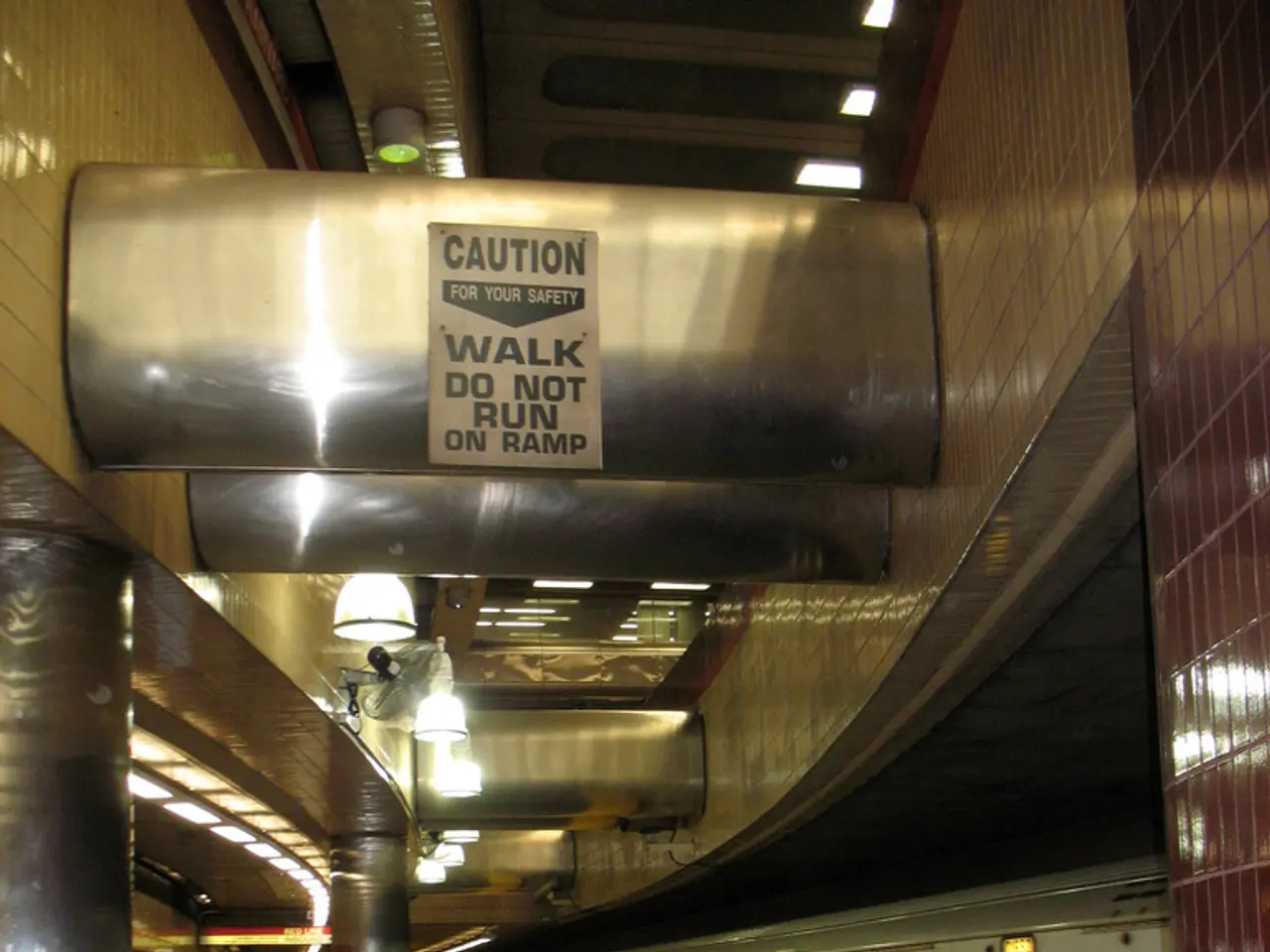"Examining Equity Across Age Groups"
The "Heidegipfel" event in Borstel last month saw a significant turnout, with citizens' initiatives against the ICE new track construction prominently present. The event was organised by the youth organisations of the SPD and the Greens, who also supported a pro-expansion rally.
The resistance to the new track construction in the Heidekreis is primarily led by older citizens, with many prominent representatives being in retirement age. However, young people, including Arne Dietterle, a young activist studying electrical engineering in Hannover, are also vocal in their opposition. Arne is concerned about the disruption of the landscape, noise, and a feared long construction phase.
Hannover, the political centre of resistance to the railway plans, has seen a reaffirmation of the state government's rejection of the new track. Most visitors at the DB's last info event on the new track in Hannover met the plans with sympathy rather than criticism.
Andre Ricci, a member of the Correctiv editorial team with a focus on individualization and demographics, has written an article on rail traffic and transport. In his article, he discusses the concerns of young people like Arne, who want to live as mobile as the older generations have in their lives and see new high-speed railway lines as necessary for climate protection.
Interestingly, the ruling parties in the Leineschloss are not as united behind the alternative concept Alpha-E as it may seem. While Hannover would benefit from a new track, the balance in the Heidekreis would be mixed even in the case of a regional station on the route.
Kay Rabe von Kühlewein from the climate protection group Fridays for Future believes that Lars Klingbeil, a prominent opponent of the new track, has positioned himself more moderately recently. The exact generational support patterns for the new track construction in Lower Saxony are not detailed in the available sources, but it is typically the younger and middle generations who support new construction plans for the rail network, prioritizing sustainable mobility and infrastructure development. Older generations may be more critical or focused on maintenance and cost concerns.
In conclusion, the ongoing resistance to the new rail track construction in the Heidekreis is a complex issue, with concerns ranging from environmental impact to cost and benefits. As the debate continues, it will be interesting to see how the various stakeholders find a solution that balances the needs of all parties involved.
Read also:
- Trump-backed TikTok deal receives tacit approval from Xi, as long as compromises are made in other areas.
- Congressional ambitions announced by previous Alexandria councilman, Seifeldein
- Recommendations propose stricter controls on MMRV immunizations, as suggested by Kennedy's advisory group
- Trump's impact on Americans to be explored in new podcas to be hosted by Alex Wagner, in partnership with Crooked Media








